Bizhiki's Dylan Jennings on bringing Ojibwe language into their music
Dylan Jennings explains how Bizhiki's music celebrates Indigenous sounds.
By Erica Ayisi | ICT News, Here & Now
June 19, 2025
Dylan Bizhikiins Jennings — one third of the band Bizhiki — explains how the musicians work to celebrate Indigenous sounds by bringing Ojibwe language into mainstream music. He shares how their music is part of a broader effort to normalize Ojibwe language in everyday spaces.
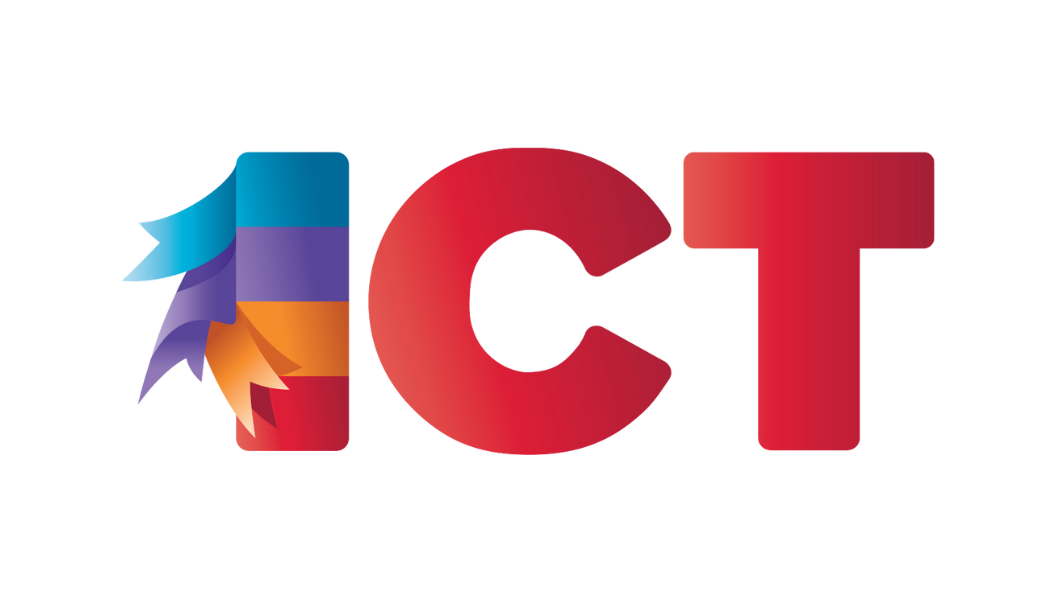
VIDEO TRANSCRIPT
Dylan Bizhikiins Jennings:
Bizhiki refers to what we recognize as [speaks in Ojibwe], or like a buffalo. And you know, my name, the name that was given to me, was Bizhikiins or "young buffalo." And that was given to me by the late Eddie Benton-Banai, who was a really great person, an individual that has empowered a lot of our communities to reclaim our way of life, revitalize our language, revitalize our doings, and just be unapologetically who we are as Anishinaabe.
So part of that name was to kind of pay homage to some of those old-timers that really paved the way for us to be able to have the rights and the things that we have today as Indigenous people.
Erica Ayisi:
And growing up, how was language a part of your upbringing?
Dylan Bizhikiins Jennings:
Growing up, there wasn't a ton. To look back now, I'm not very old, but to look back now to today where we're at with many of our communities, it's amazing to see all of the different types of programming and all the different infrastructure that we have in place. All three of our children have the opportunity to attend Ojibwe immersion schools, which obviously I didn't have that opportunity as a kid growing up. And so they're being taught only in our language. So, shout-out to Waadookodaading in Hayward or the community of Odaawaa-Zaaga'iganiing in LCO. That's a big movement going on there and has created kind of this huge spark all across Ojibwe country.
Erica Ayisi:
When I hear the drums in your song and the video "Unbound," it sounds so deeply personal. I'm sure it resonates with a lot of people. Tell me about the significance of some of the drums that you use and some of the other instruments.
Dylan Bizhikiins Jennings:
To us, the drum is really integral and a very important part of everything that we do. There's different types of drums — we have ceremonial drums. We have hand drums, powwow-style drums. So those powwow-style drums are kind of the more social drums that we're able to bring out into the public. Also carry deep meaning as well, and say that any of those drums, they kind of carry that heartbeat of Mother Earth. And so that drum or that sound of that drum is reminiscent of hearing your mother's heartbeat when you're in the womb. I was always taught that the drums that you use have kind of like this impact or effect on people and help touch people in a good way, help heal people. Part of making the music that we make, you know, part of it is we just try to be as creative as possible, and we're expressing ourselves and making things that we like. But another part of it too was using our platform to normalize our sounds, our style of singing, and our language where you might not hear all those things in any kind of mainstream setting. But it was important for us to be able to share those things. My relatives that we work with in the language world, we always say that's a big part of it. As we bring back language in a substantial way, it's becoming normalized where it's okay to hear Ojibwemowin, our language, being spoken in a supermarket or in a random place. That's how we have to look at it, as we're all contributing to the normalization of those things.
Erica Ayisi:
Thank you so much for that powerful message.
Dylan Bizhikiins Jennings:
Sounds great. Thank you.
 Passport
Passport




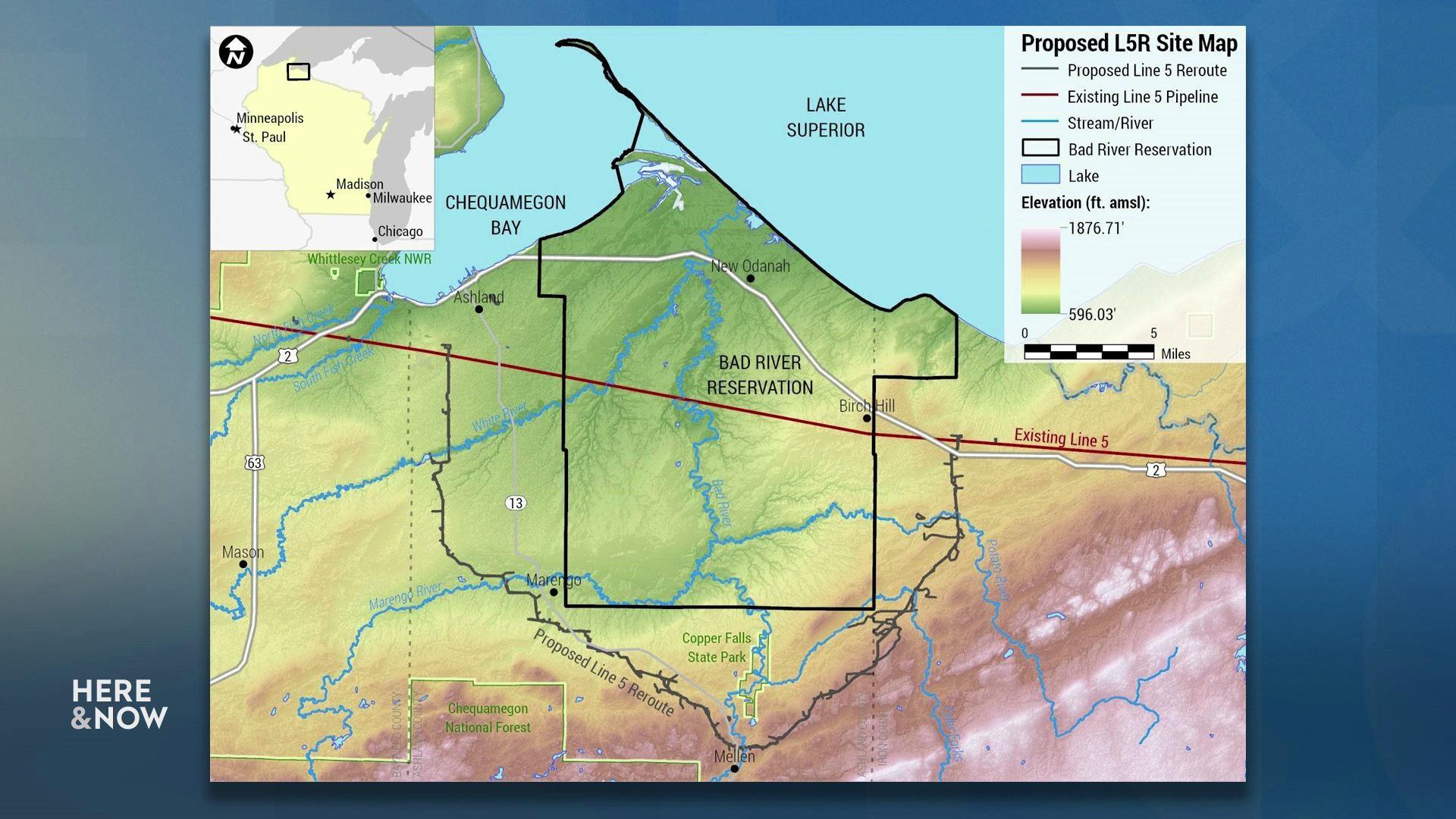
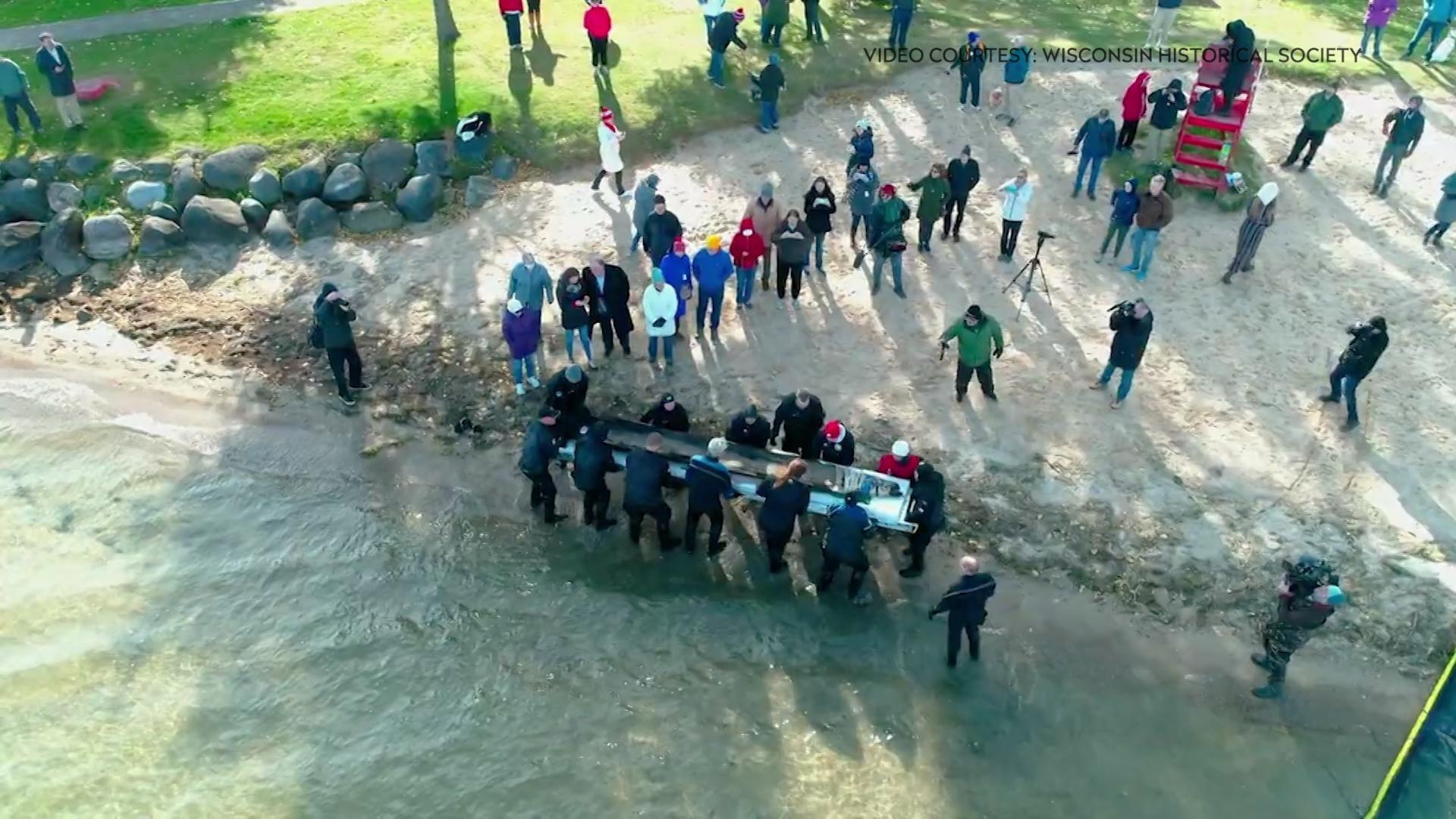
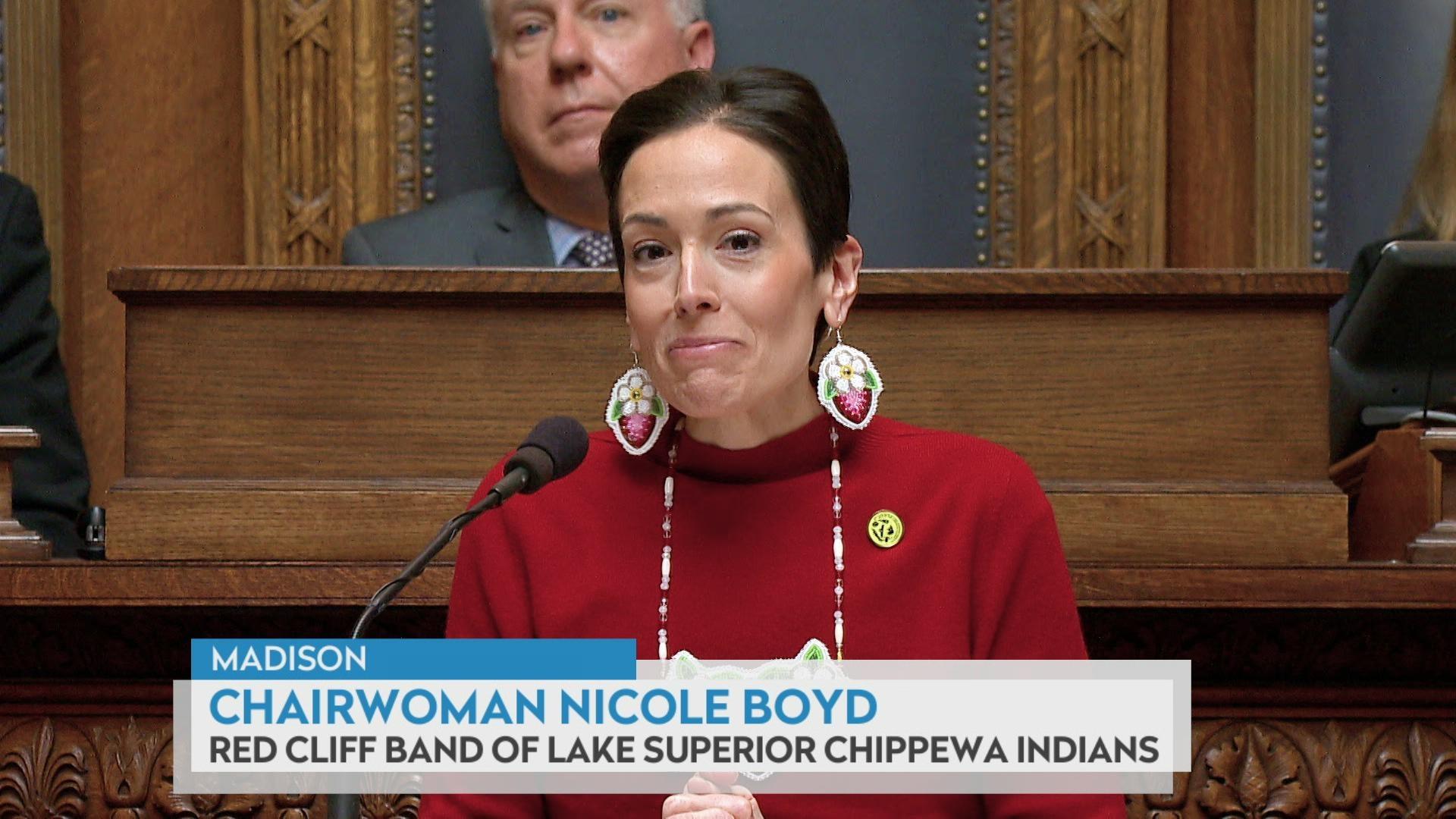
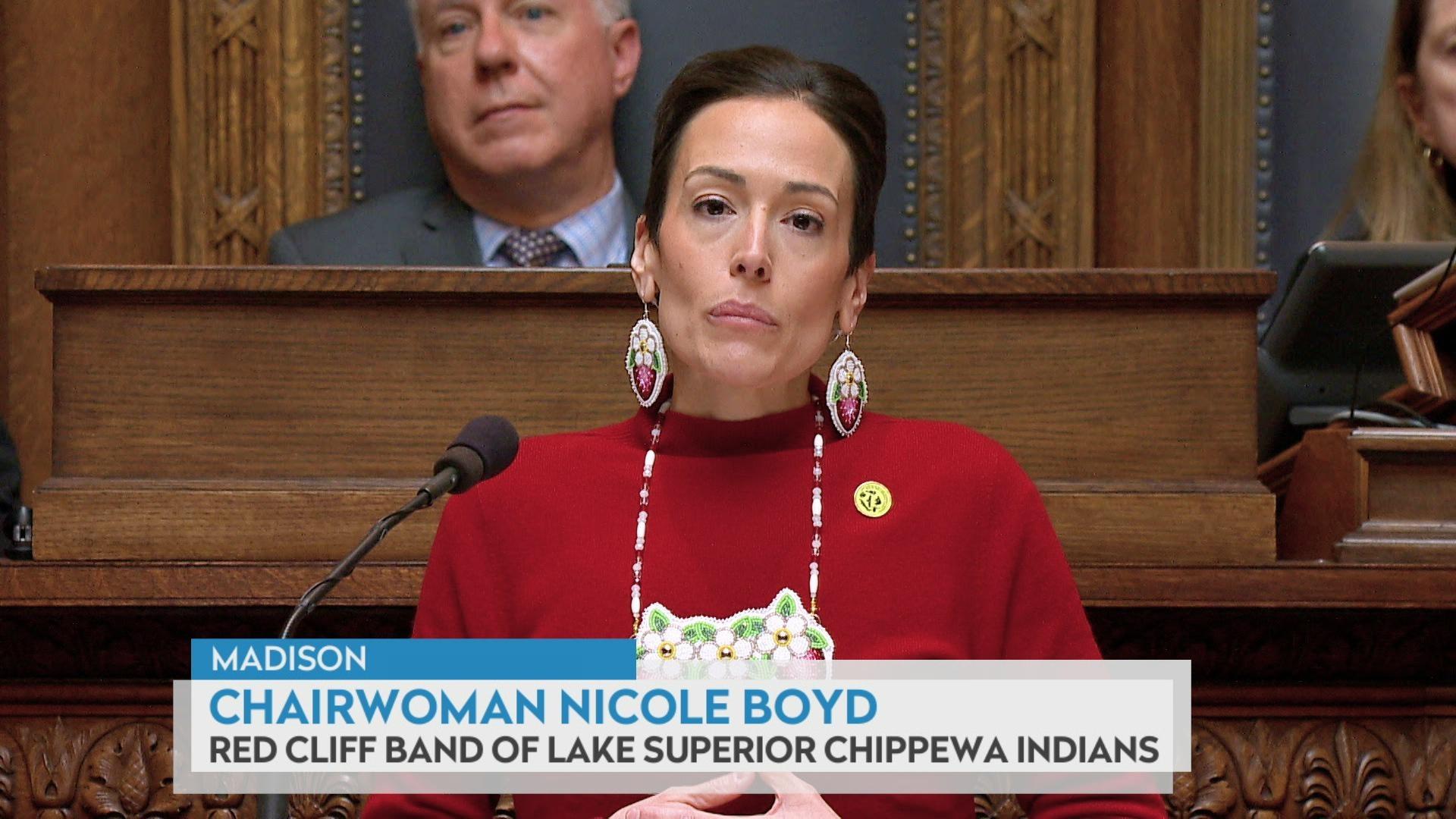
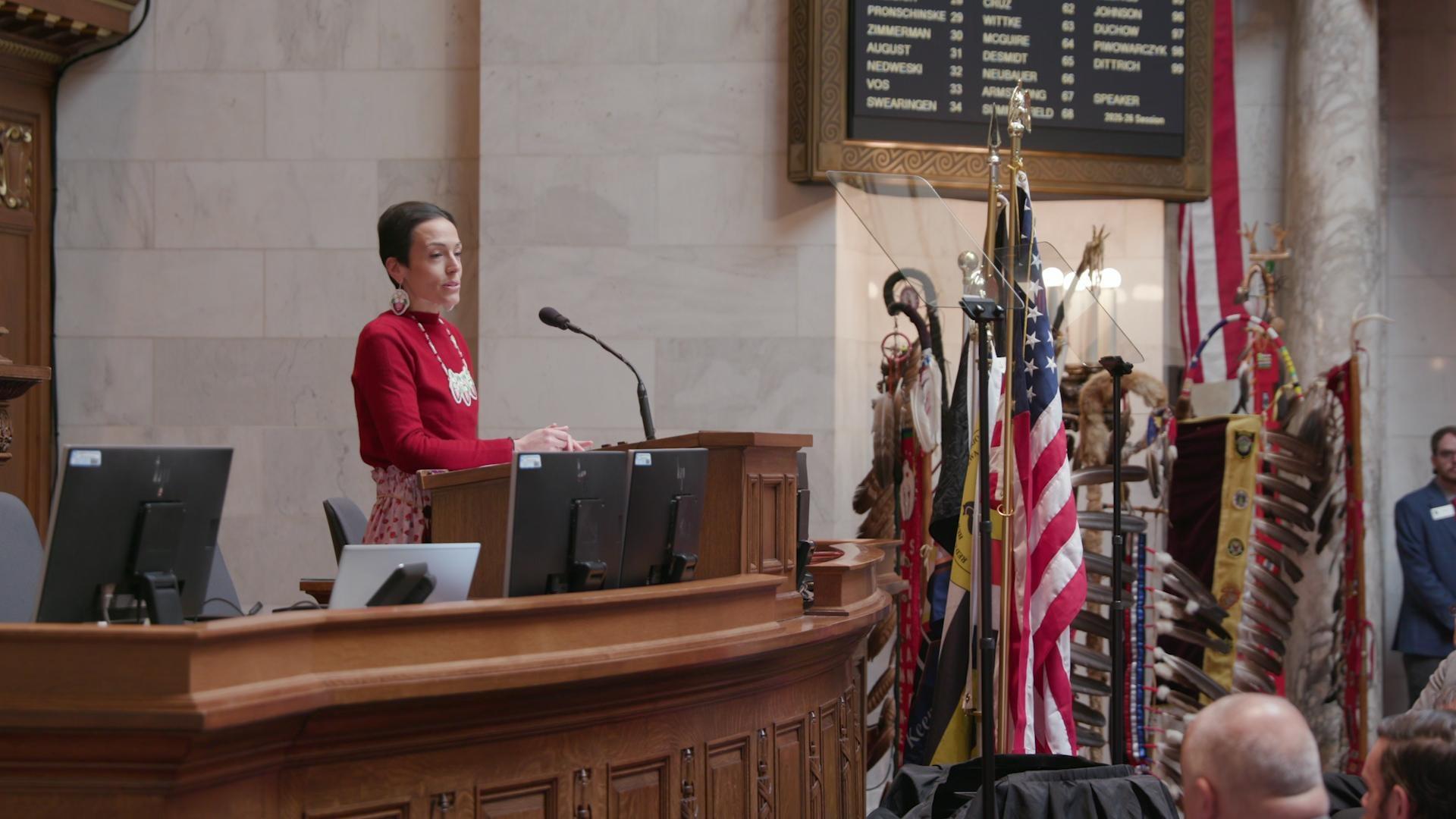
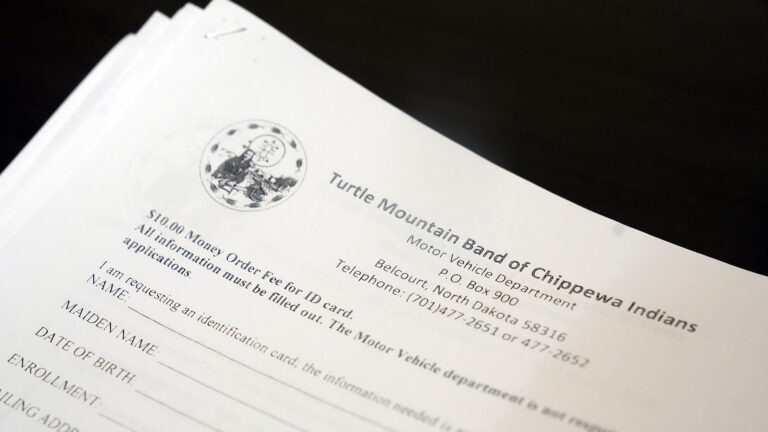

Follow Us